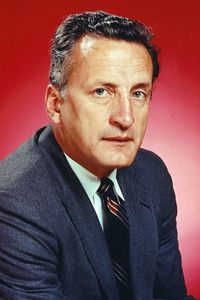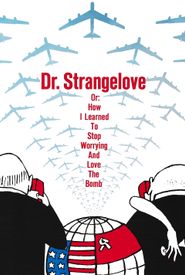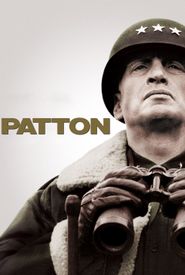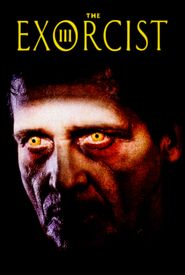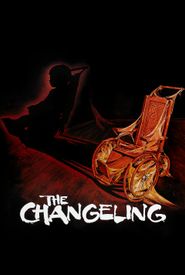George C. Scott was a remarkably talented actor, renowned for his work on stage, screen, and television. Born on October 18, 1927, in Wise, Virginia, to Helena Agnes (Slemp) and George Dewey Scott, he was raised by his father, an executive at Buick, after his mother's passing at the age of eight.
Scott's early life was marked by a stint in the United States Marines, which spanned four years and likely influenced his later portrayal of General George S. Patton. Following his military service, he enrolled in journalism classes at the University of Missouri, but it was during a play performance there that he discovered his passion for acting.
In 1957, Scott landed a role in "Richard III" in New York City, which brought him to the attention of critics and marked the beginning of his successful career. He soon began to appear in television productions, mostly live broadcasts of plays, and received his first Oscar nomination for his role as the crafty prosecutor in Anatomy of a Murder (1959).
Despite his talent and numerous nominations, Scott was not enamored with the Oscars, feeling that the ceremony was a "meat market" and that it forced actors to become stars. In 1962, he declined his second nomination, stating "No, thanks," and refused the award.
Scott continued to excel in his craft, starring in films such as The List of Adrian Messenger (1963),Dr. Strangelove or: How I Learned to Stop Worrying and Love the Bomb (1964),and The Flim-Flam Man (1967). He also appeared in television movies and stage productions, including a Broadway adaptation of "Death of a Salesman."
One of Scott's most iconic roles was that of General "Buck" Turgidson in Stanley Kubrick's Dr. Strangelove or: How I Learned to Stop Worrying and Love the Bomb (1964),which he considered one of his favorite films. He also starred as General George S. Patton in the 1970 film Patton, for which he won the Oscar but declined to accept.
In the 1980s, Scott appeared in two notable films: The Changeling (1980),a supernatural thriller, and Taps (1981),an intense drama. He continued to work in film, television, and stage throughout his life, including a television update of A Christmas Carol (1984) and a Broadway production of "Death of a Salesman."
Scott's legacy was cemented after his death, with fellow actors Jack Lemmon and Tony Randall praising his talents. He remained humble and dedicated to his craft until the end, leaving behind a body of work that continues to inspire and entertain audiences today.
